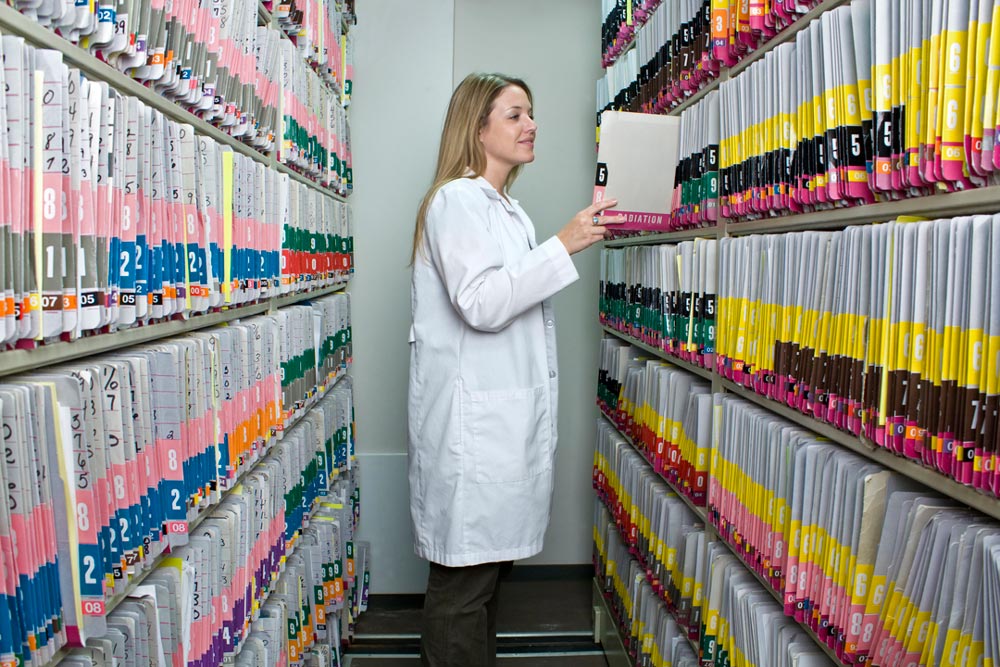
Wondering where a medical billing and coding certification can take you?
Plenty of places, depending on training, work ethic, local job demand and your own efforts to find employment. A certification can take your employment possibilities to the next level. It tells the world that you are a professional who is qualified to perform the tasks required of a medical billing and coding specialist.
What Certification Means
With certification, medical insurance billers and coders may benefit from the following:
- Higher professional standards
- Increased professional demeanor
- Ability to command respect and trust
- Potential to earn a higher income
Medical insurance billers and coders are respected health care professionals. Their job is to make sure that accurate records are kept for insurance billing purposes.
Without accurate records, health care providers may not receive proper payments. Faulty coding could prevent patients from receiving the correct treatment or medications.
How to Become a Certified Medical Insurance Biller and Coder
The first task is to enroll in and graduate from a medical insurance billing and coding program offered by an accredited school. The next step is to pass the exam given by the American Health Information Management Association (AHIMA) or by the American Academy of Professional Coders (AAPC). Both organizations offer a medical billing and coding certificate that ensures the skill of medical insurance billing and coding professionals.
CMRS Exam
The Certified Medical Reimbursement Specialist (CMRS) exam is an additional exam offered to students who hope to receive a certification that enhances their professional status. The CMRS is offered through the American Medical Billers Association (AMBA).
RHIA Exam
Some medical insurance billing and coding professionals choose to take the Registered Health Information Administrator (RHIA) exam. This classifies them as being capable in managing patient medical records and health information.
Registered health information administrators may find (but are not limited to) employment opportunities in a number of health care locations, including hospitals, mental health facilities, physicians’ clinics and long-term care facilities.
Certified Professional Coder Certificate (CPC)
To gain CPC-H or CPC-P certification status, you must have worked as a medical insurance biller and coder for at least two years. These certificates must be renewed each year. You must also have knowledge about CPT, ICD-9-CM, HCPCS, HCPCS coding manuals, pharmacology, human anatomy and medical terminologies.
- Certified Professional Coder Hospital (CPC-H)
- Certified Professional Coder Payer (CPC-P)
- Certified Professional Coder Apprentice (CPC-A)
The CPC-A certificate does not require two or more years of experience. You can upgrade to CPC status once you have two or more years of experience.
